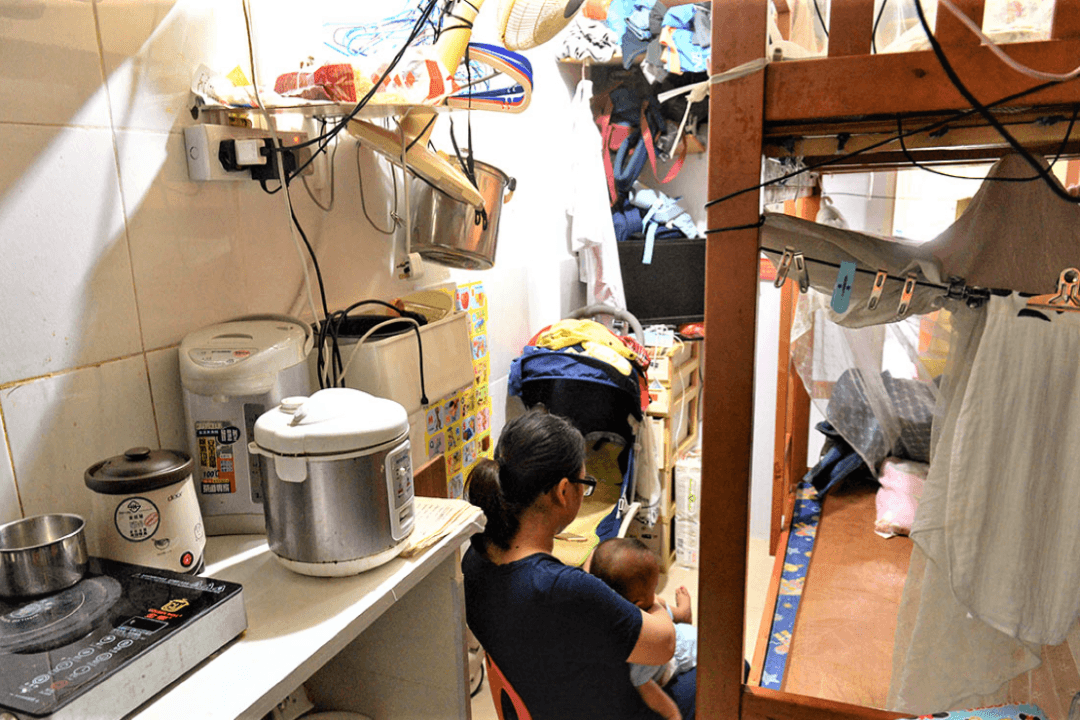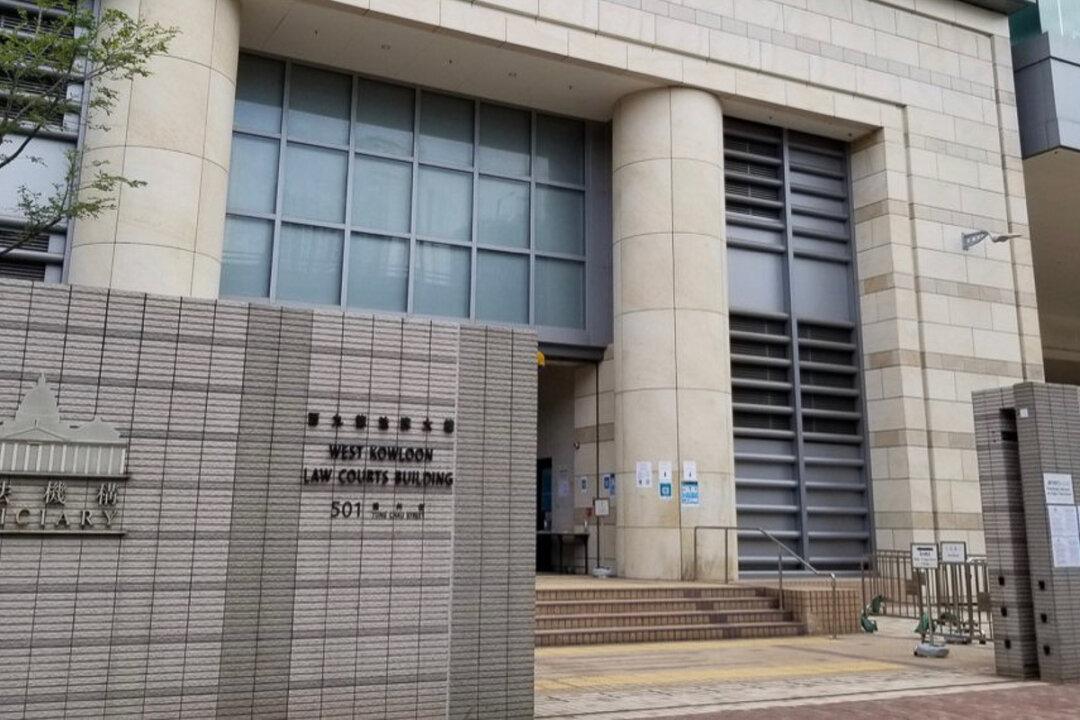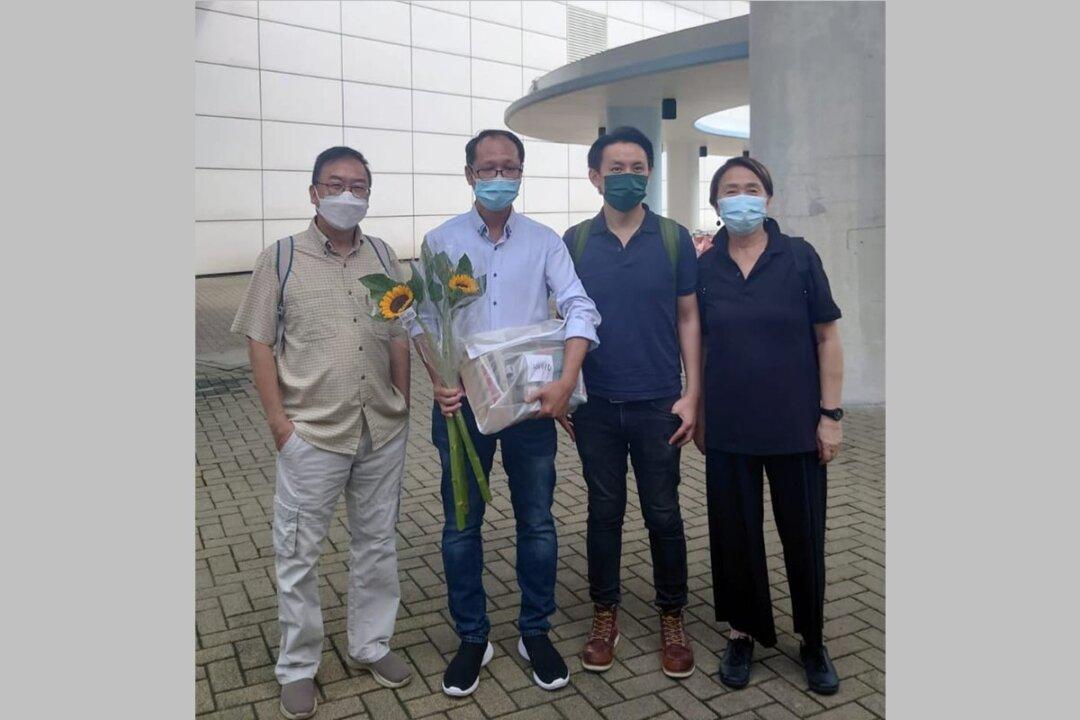The weather in Hong Kong continues to be extremely hot, and the number of “hot nights” in July broke the historical record. Deputy director of the Society for Community Organization, Sze Lai-shan stated on July 31 that the Hong Kong poor, currently living in unsuitable housing such as subdivided flats and rooftop houses, complained that the indoor temperature was even higher than outdoors.
The extremely hot weather in Hong Kong has repeatedly broken records in recent years. The Hong Kong Observatory recorded more than 22 “hot nights” in July, breaking the record for the highest number of hot nights in a single month since 1884.




